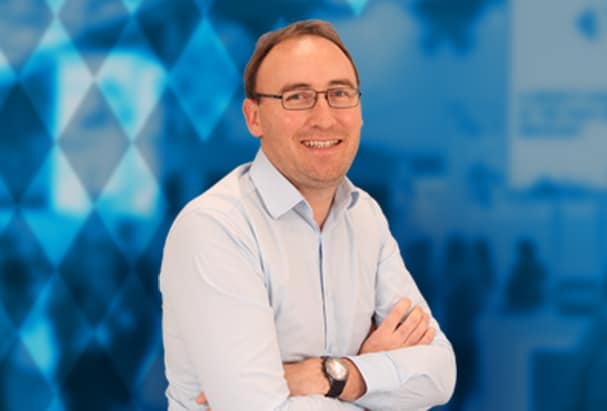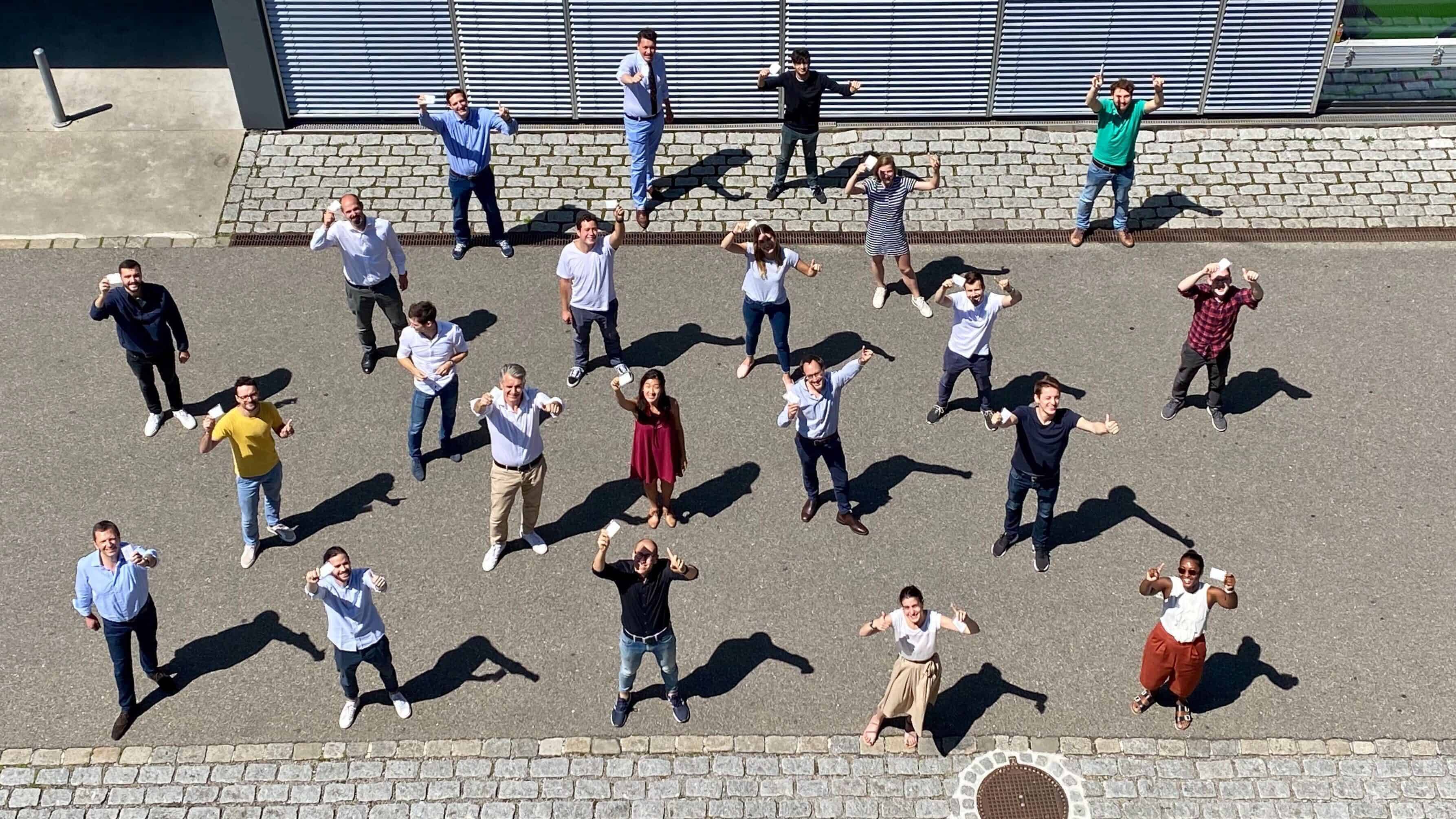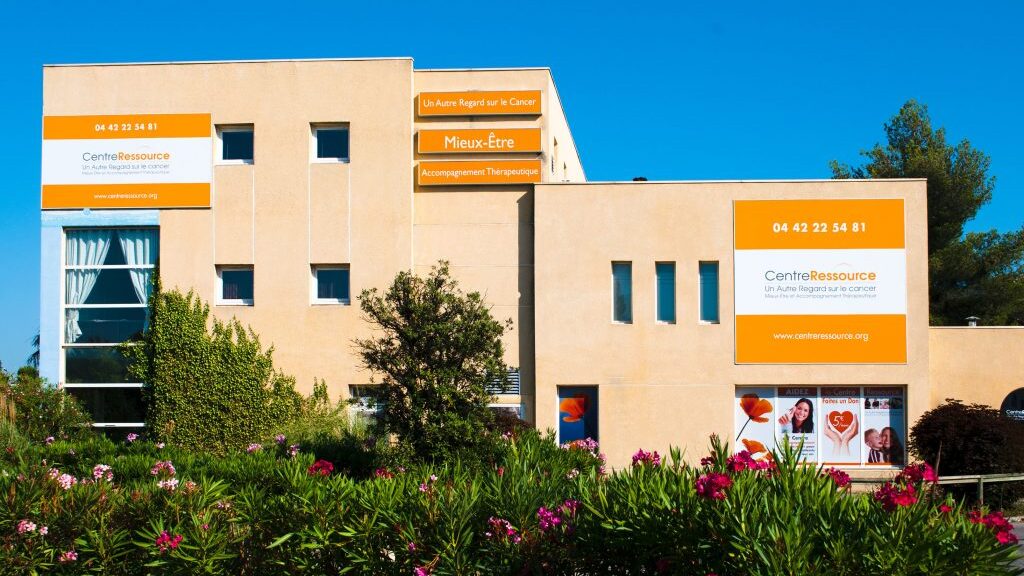OncoDNA, the Belgian molecular profiling company, just raised EUR 19 million. In this interview, founder Jean-Pol Detiffe explains how the idea for OncoDNA was born.

CEO and Co-founder, OncoDNA
Jean-Pol has over 20 years of experience in industrial pharma and entrepreneurship. In 2004 he founded DNAVision, the first company in Europe to provide the pharmaceutical industry with accredited pharmacogenetic tests (exit in 2012).
What is your personal background that led you to found two companies?
I did a business degree before becoming an industrial pharmacist, and later I added an MBA. At the start of my career I worked as a teacher, and I’m still teaching pharmacogenetics in Brussels and Liège, but it became clear to me quite soon that I wanted to be more involved in the business. I started to work in a contract research organisation and was involved in business development. When I turned 30, I wanted to be my own boss and create a company. The Biopark in Gosselies invested in new genetic sequencing machine at the time, and that was the perfect environment to start. It was also the right time, since in 2003 the complete human genome was released and my interest in the topic of genetics and pharmacogenetics, the study of adverse drug reaction, was very high. So I started the company DNAVision with a contract to do genotyping for Pfizer, and grew the company to almost 50 people before I sold it.
How was the idea for OncoDNA born?
Cancer was a topic that was always on my mind. And I knew that with my new company, I wanted to combine DNA sequencing with other technologies. Because with my first startup, we were pioneers in the field. We were the second lab in all of Europe to work with Illumina sequencing machines. We were the first lab to sequence the potato genome. But all the data we created, we didn’t exploit it. I wanted to change that. For the development of OncoDNA, I had the support of the big lab IPG and of several business angels. I also hired key personnel I’ve worked with at my previous company, the CSO, the head of IT and the business developer.
OncoDNA is a company that helps doctors in the fight against cancer. How do you do it?
The way that patients are treated today is guided by protocols and guidelines. The problem with this approach is that it is far from ideal, it is more a systematic form of trial and error. You try out drug number one first. If it doesn’t work, you try drug number 2 six months later. The chance to start with the right one first is 1 in 3 for the majority of cancers. That is not good enough. OncoDNA’s test allows to chose the best treatment based on a genetic analysis of the tumor. This is precision oncology.
Should doctors not readily know what the most efficient treatment is?
The image you might have is that of a big cancer institute staffed by world-renowned experts, and of course they exist. But a more common reality is that in a smaller local hospital you might have one doctor that treats all kinds of cancers. It is simply impossible to stay on top of all that information that is published every day. We receive more than 100 email alerts from all kinds of different databases and sources, and we have experts that include the information that is relevant in our database.
Speaking of which, you don’t sell just test kits, you’ve also started to offer access to your database for hospitals that do their own genetic tests. Why did you decide to open your business model for those clients?
It is true that this approach wasn’t in my business plan when I started the company. But it was made necessary by the realities of the healthcare system. If you think about the oncologists only, there is no question that the only thing they want to do is to save lives. They do not care who does the genetic test. But a pathologist that runs a lab in a hospital does also think in business terms such as capacity utilization. We’ve encountered situation where an oncologist prescribed our test, but even after a month, we hadn’t received the tumor biopsy of the patient. The pathologist running the local lab was just passively resisting sending it, which is surprising if you think that cancer patients sometimes have a life expectancy of just a few months or weeks. In the end, the patient had to personally go to the lab, take possession of his own sample and send it to us himself. I was shocked, and I realized that we had to find a solution to offer these people who perceived us as an economic threat, something they could use. We develope this solution in 2017 with the funding from our Series A. Now they can do their own tests and rely on our database to interpret them. The good thing about this Software-as-a-Service model is of course that it is highly scalable and gives us the possibility to roll it out globally.
Do you already have many clients who work with this model?
Yes, we see a lot of traction. Big cancer institutes in Europa have started using it, and we also have contracts with far-away countries such as South Korea.
Why South Korea?
This is one of the world’s most advanced countries in this regard, and like Japan, they reimburse sequencing.
What will you do with the 19 million you just raised in a Series B?
We will increase our salesforce, we must professionalize sales. The company is still very heavily focused on IT and biology. I already have identified a chief commercial officer that just join us coming from a medical data giant. Another big chunk of the funding will go towards the expansion in the US, where we work together with a pharma partner, Kura Oncology.
Oncology is a very competitive field. In 2018, Roche has bought Foundation Medicine for USD 2.4 billion. How do you want to compete with this giant?
A giant usually is slow to change direction. Actually, having this competition is good for us because they do a lot of legwork in educating the market. And our advantage is that we’re perceived as neutral, while people fear that Foundation Medicine will feature Roche’s cancer drugs more prominently in their reports. And while competition like Caris Life Science has abandoned Europe, another competitor went bankrupt after raising 20 million. We’re close to becoming the European champion, and I think we’ll be a nice target for any US company wanting to enter the European market.
Written by
WITH US, YOU CANCO-INVEST IN DEEP TECH STARTUPS

Verve's investor network
With annual investments of EUR 60-70 mio, we belong to the top 10% most active startup investors in Europe. We therefore get you into competitive financing rounds alongside other world-class venture capital funds.
We empower you to build your individual portfolio.
More News
11.03.2021
We’re now called Verve Ventures
Europe’s leading digital startup investment platform formerly known as investiere is called Verve Ventures. Verve Ventures has become one of the most active venture capital firms in Europe.
22.07.2020
Supercharging our startups
It has been more than half a year since we established our Portfolio Success Team to help our portfolio companies. We are happy to share a review of what has happened so far, what were some key results and what is coming next for the second half of 2020.
17.02.2020
How to identify the right cancer treatment
Dr. Jean-Loup Mouysset is a renowned oncologist based in Aix-en-Provence, France. He was named Ashoka Fellow as a social entrepreneur in healthcare in 2010 because he founded “Centre Ressource”, a patient-centric NGO for cancer patients and their families. Centre Ressource has been awarded numerous other awards as well.
Startups,Innovation andVenture Capital
Sign up to receive our weekly newsletter and learn about investing in technologies that are changing the world.




